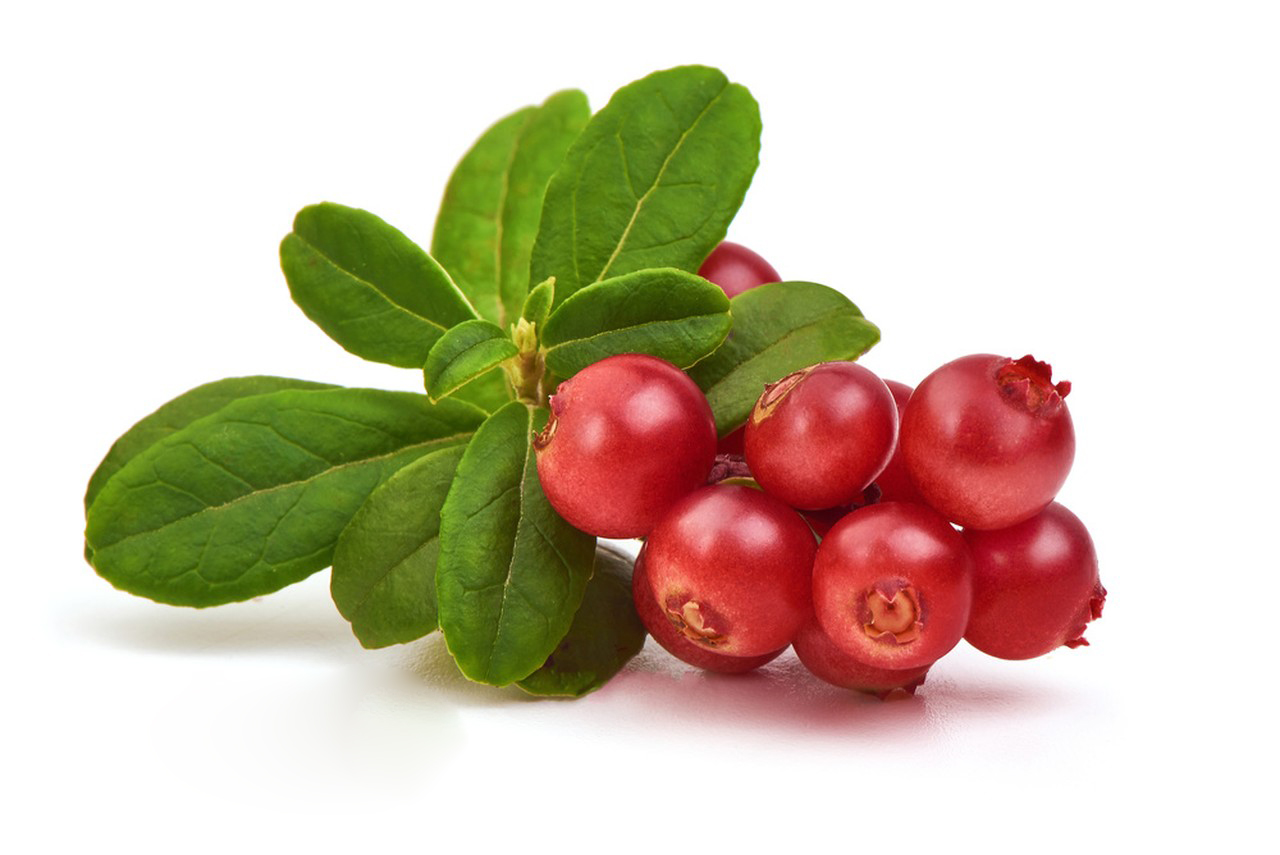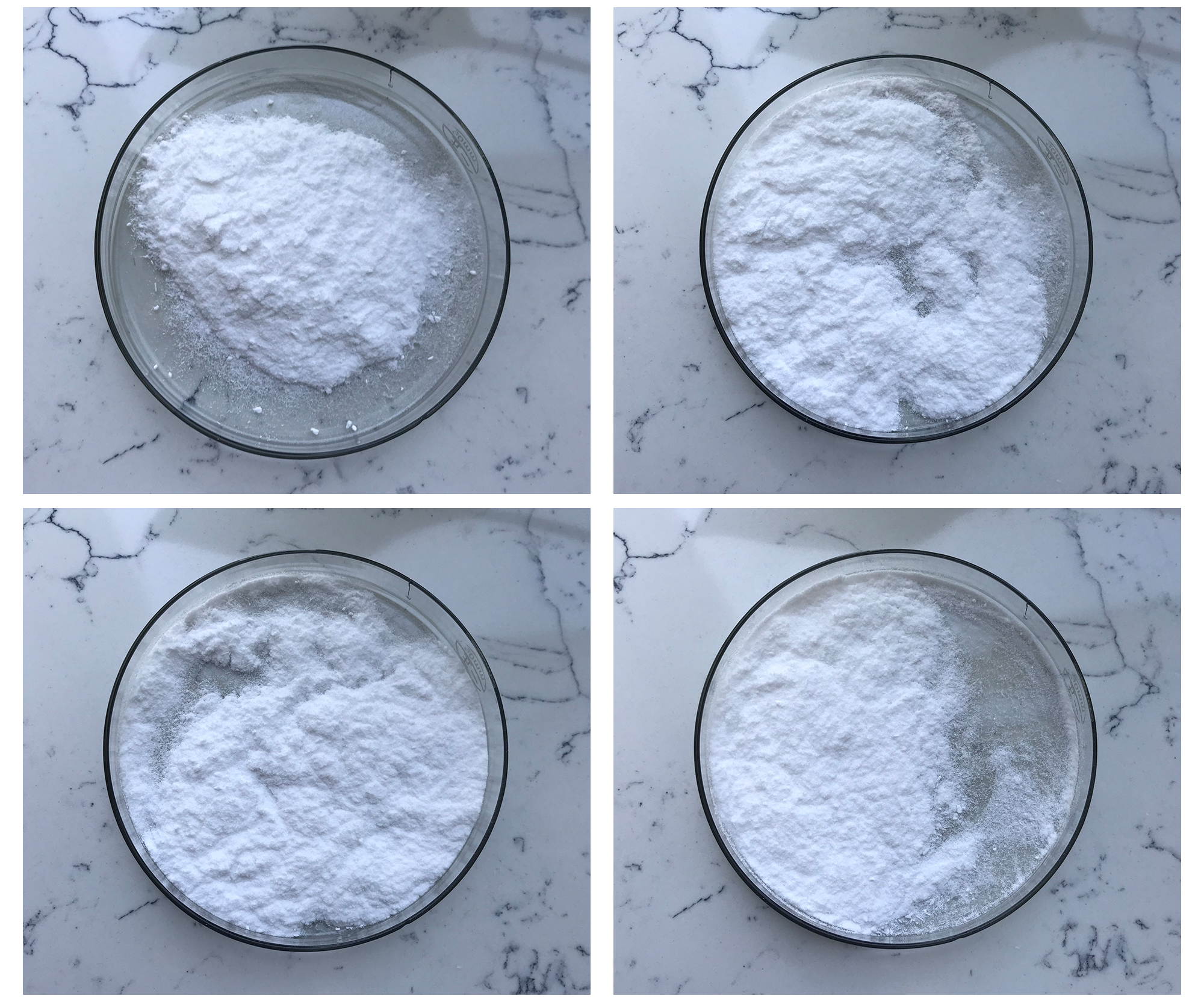Beta Arbutin, also known as β-Arbutin, is a naturally occurring compound that is widely used in the skincare and cosmetic industry for its skin-lightening and brightening properties. It is a glycoside derivative of hydroquinone, which means it is composed of a glucose molecule attached to a hydroquinone molecule.
Origin of Beta Arbutin:
Beta Arbutin is derived from the leaves of various plant species, such as bearberry (Arctostaphylos uva-ursi), cranberry, blueberry, and pear. These plants contain arbutin as a natural defense mechanism against harmful external factors like UV radiation.

Properties of Beta Arbutin:
The primary reason Beta Arbutin is sought after in skincare products is its ability to inhibit the enzyme tyrosinase. Tyrosinase is involved in the production of melanin, which gives skin its color. By inhibiting this enzyme, Beta Arbutin helps to reduce the production of melanin, leading to a gradual lightening of the skin and a reduction in the appearance of dark spots, hyperpigmentation, and other skin discolorations. Unlike hydroquinone, which is a more potent skin-lightening agent, Beta Arbutin is considered to be a milder alternative with fewer potential side effects.
Introduction of Beta Arbutin:
Beta Arbutin has been used in cosmetics and skincare products for many years due to its skin-brightening properties. As consumers became more conscious of the potential risks associated with certain skin-lightening ingredients, such as hydroquinone, there was an increased demand for safer alternatives that still deliver effective results. Beta Arbutin emerged as a popular choice due to its natural origin and its ability to lighten the skin without causing irritation or other adverse effects.
It is essential to note that while Beta Arbutin is considered a safer alternative to hydroquinone, individual reactions can vary, and some people may still experience mild irritation or allergic reactions when using products containing this ingredient. As with any skincare ingredient, it is recommended to do a patch test before using a new product to check for any adverse reactions.
As with any skincare ingredient, it is advisable to use products containing Beta Arbutin as directed and consult a dermatologist if you have any specific concerns about its use or compatibility with your skin type.
Beta Arbutin efficacy, side effects and special precautions
As of my last update in September 2021, Beta Arbutin is a skin-lightening agent often used in cosmetic and skincare products. It is a derivative of hydroquinone and is commonly used to address issues such as hyperpigmentation, dark spots, and melasma. Below are some key points regarding Beta Arbutin’s efficacy, side effects, and special precautions:
Efficacy of Beta Arbutin:
- Beta Arbutin works by inhibiting the activity of the enzyme tyrosinase, which is involved in the production of melanin, the pigment responsible for skin color.
- It is considered to be a milder alternative to hydroquinone, which is a more potent but potentially more irritating skin-lightening agent.
- Studies have shown that Beta Arbutin can help in reducing the appearance of hyperpigmentation and dark spots with consistent use over time.
- However, its efficacy may vary from person to person, and results may not be as dramatic as some other skin-lightening agents.

Side Effects of Beta Arbutin:
- Beta Arbutin is generally considered safe when used in appropriate concentrations in cosmetic and skincare products. It is less likely to cause skin irritation compared to hydroquinone.
- However, some individuals may still experience mild side effects, such as redness, itching, or irritation, especially if they have sensitive skin.
- It is essential to follow the instructions provided by the product and perform a patch test before applying Beta Arbutin-containing products to a larger area of the skin.
Special Precautions of Beta Arbutin:
- It is crucial to use Beta Arbutin products as directed and avoid using higher concentrations than recommended, as excessive use may lead to adverse reactions.
- If you have a history of skin sensitivity or allergies, consult a dermatologist before using products containing Beta Arbutin.
- Always use sunscreen while using Beta Arbutin products, as the skin may become more sensitive to the sun’s rays during the treatment, and unprotected sun exposure can worsen hyperpigmentation.
Please note that skincare products and their ingredients can evolve over time, and new information or research may have emerged since my last update. It is always advisable to consult with a dermatologist or healthcare professional for the most up-to-date and personalized advice regarding the use of Beta Arbutin or any other skincare ingredient.
